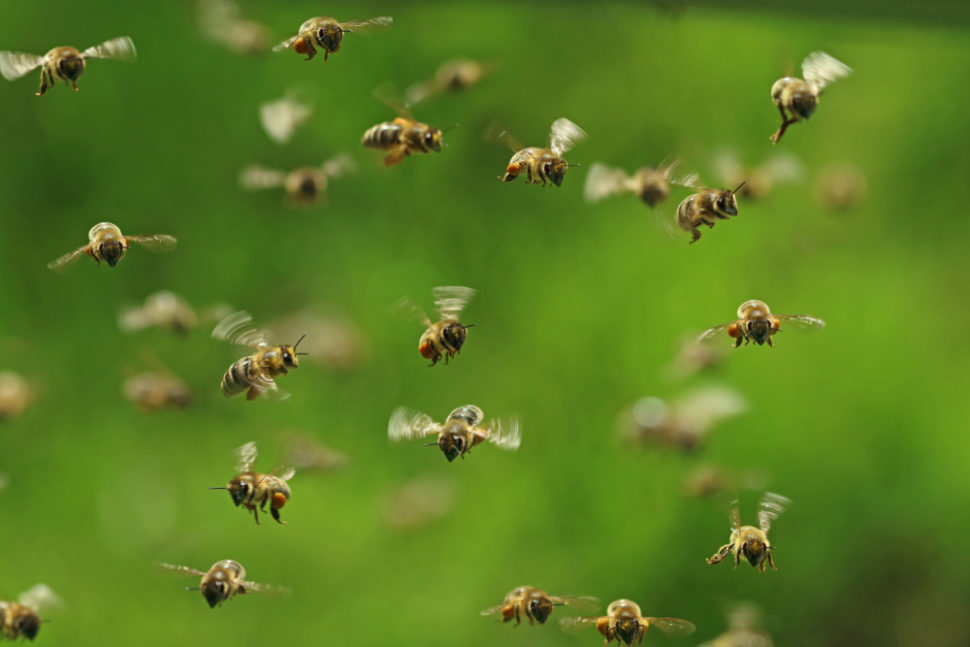The study, published in the Biological Conservation Journal revealed that one-third of insects are endangered. Also, over 40 percent of insects could become extinct within the next few decades.
In a statement to The Guardian, co-author of the study Francisco Sánchez-Bayo said;
“It is very rapid. In 10 years you will have a quarter less, in 50 years only half left and in 100 years you will have none.”
The researchers wrote that the total global mass of insects is dropping by 2.5 percent per year. Not only are insects dying off at twice the pace of vertebrates, but their extinction rate also exceeds reptiles, birds, and mammals by a factor of eight.
Although insect population has reportedly collapsed in Germany and Purto Rico, the review strongly suggests that it’s a global crisis.
In the first ten years of this century, the butterfly population on farmed lands in England dropped by 58 percent. Other insects affected by the decline include dung beetles, mayflies, dragonflies and the whole Hymenoptera order (bees, wasps, and ants).
What is responsible for the population decline, you ask?
While previous studies linked the mass extinction with human overpopulation and overconsumption, the review’s authors cited other reasons.
After examining 73 reports on insect population declines, the authors identified intensive agriculture, specifically the use of pesticides as having the most significant impact.
The new classes of insecticides from the last two decades take most of the blame. According to Sánchez-Bayo, routinely used insect controls such as fipronil and neonicotinoids are particularly damaging since they sterilize the soil, killing off the grubs.
Other reasons include climate change and urbanization.
“If insect species losses cannot be halted, this will have catastrophic consequences for both the planet’s ecosystems and the survival of mankind,” Sánchez-Bayo said.
Luckily, this dire fate is not inevitable. Through an intense conservation effort, we may be able to avert the extinction of biodiversity and consequently save our ecosystem. However, the window of opportunity is closing.
“Unless we change our ways of producing food, insects as a whole will go down the path of extinction in a few decades,” the researchers wrote.


















Have to seen the great article here https://clipboardwindows10.com it is the very nice so look and seen clear clipboard history in my computer all function.